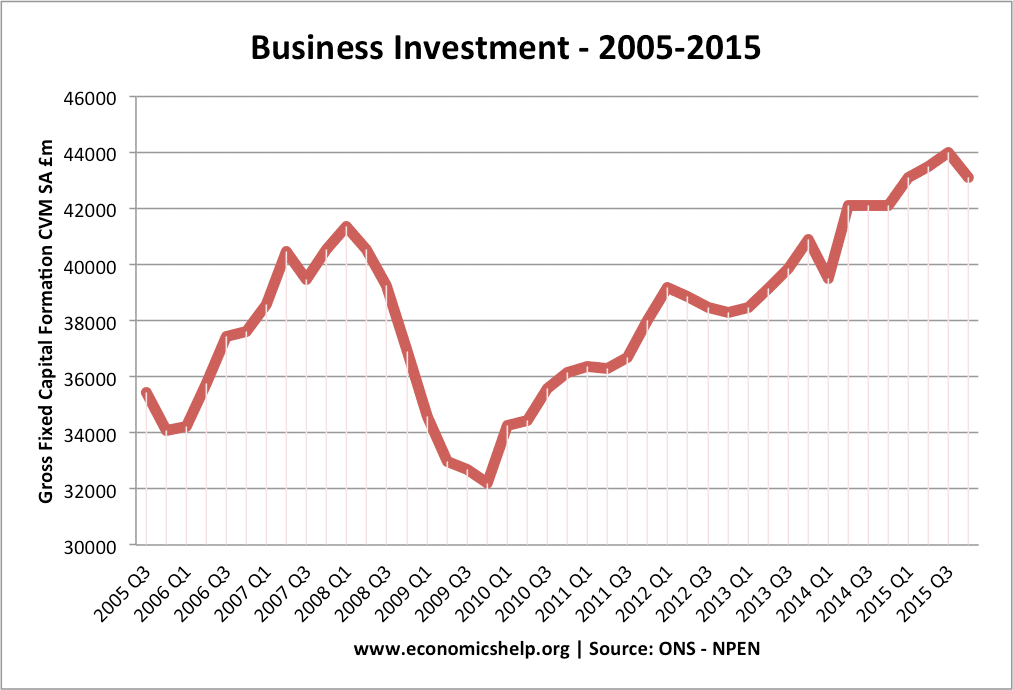The assignee has a lien on the automobile and can repossess if you don't pay. Co-signer A co-signer is a personsuch as a moms and dad, close relative, or friendwho promises to pay back the loan if you do not. This can be a benefit both to you and your lender. A co-signer takes complete Visit this page obligation to repay the loan. Having a co-signer on your loan offers your lending institution extra Additional reading assurance that the loan will be paid back. If you do not repay your loan, your co-signer will be accountable for payment even if the co-signer never drove your car. If you've been asked to co-sign a loan, you need to think about how it will affect your finances. In some states, the law permits the creditor to reclaim your cars and truck without litigating. For more information, including meanings of common terms used when financing or leasing a cars and truck, check out "Understanding Car Funding," jointly prepared by the American Financial Services Association Education Foundation, the National Automobile Dealers Association, and the FTC. To purchase print copies of "Understanding Automobile Financing," call the AFSA Education Structure: (888) 400-7577.
A financing charge is a cost troubled a consumer for obtaining credit. Finance charges consist of interest on financial obligation balances and any extra charges enforced by the credit-issuing entity. Below, you'll discover common examples of finance charges that customers face, and some suggestions for lowering the effect of these charges. A finance charge is any expense a customer encounters in the procedure of getting credit and paying back financial obligation. Financing charges typically come with any type of credit, whether it's a credit card, a company loan, or a mortgage. Any quantity you pay beyond the quantity you obtained is a finance charge.
Among the advantages of having a charge card is that you can obtain money without needing to settle your balance in full every month. Nevertheless, taking your time to repay your debt comes at a cost. Your issuer will charge interest on any balance not settled by the end of the month. That interest cost is a finance charge. If you miss a minimum payment due date that falls outside of a grace period for your credit card, you could be charged a late payment fee, which is another example of a finance charge. Financing debt is big business in the U.S.
3 trillion. That's a 1. 1% increase because the fourth quarter of 2019, when household debt was currently 26. 8% higher than it remained in 2013. The majority of that financial obligation (if not all of it) will come with financing charges such as interest charges and loan processing charges. Financing charges are computed each billing cycle based upon the existing prime rate. Since July 15, 2020, the Wall Street Journal determined the prime rate to be 3. 25%. This rate varies in reaction to market conditions and Federal Reserve policy, so your capacity finance charge might differ month-to-month (How old of a car will a bank finance). If you have a fixed-rate loan, the financing charge is less most likely to differ, though it might still vary based on factors such as your payment history and timeliness.

The Greatest Guide To How Does The Federal Government Finance A Budget Deficit
Credit card companies may calculate finance charges utilizing your day-to-day balance, approximately your day-to-day balance, the balance at the beginning or end of the month, or your balance after payments have been used. Your charge card arrangement may likewise consist of a minimum financing charge that's applied anytime your balance goes through a charge. For example, your credit card terms might consist of a $1 minimum finance charge, so if a billing cycle's charges are $0. 65, that'll be rounded up to $1. You can lower the amount of interest you pay by minimizing your balance, requesting a lower rates of interest, or moving your balance to a charge card with a lower rates of interest.
Financing charges can be listed in numerous put on your monthly charge card billing declaration. On the first page of your billing declaration, you'll see an account summary noting your balance, payments, credits, purchases, and any interest charges. In the breakout of deals made on your account during the billing cycle, you'll see a line product for your finance charge and the date the finance charge was examined. In a separate area that breaks down your interest charges, you'll see a list of your financing charges by the type of balances you're carrying. For instance, if you have a purchase balance and a transfer balance, you'll see details of the financing charges for each.
For home loans, month-to-month payments are separated into principal and interest payments, in addition to extra costs like residential or commercial property taxes. In this case, the "primary" portion of payments would not certify as a finance chargeit simply goes toward lowering your financial obligation balance. The interest payments, on the other hand, are a finance charge. Making your minimum credit card payment is usually sufficient to cover your financing charge plus a small percentage of the balance. However, if you're only paying the minimum payment, your balance will not reduce by that muchit takes the bulk of a monthly payment simply to cover interest charges. Given that your balance isn't decreasing significantly, you'll deal with another interest charge during the next billing cycle.
For those with substantial debt, the minimum payment might not cover the month's finance charge. In this case, paying the minimum will result in a larger balance. Minimizing debt will need payments beyond the minimum. A financing charge is a cost troubled a consumer who what happens when you default obtains credit. Finance charges include interest charges, late charges, loan processing charges, or any other cost that surpasses paying back the amount obtained. For numerous types of credit, the finance charge changes as market conditions and prime rates change.
